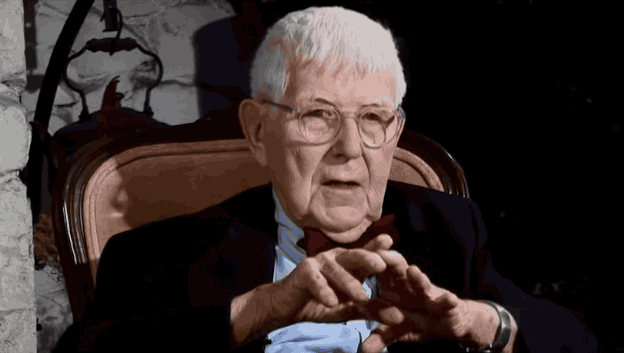The podcast debuted at No. 1 above Serial on iTunes.
Jenny Chang / BuzzFeed
For its new six-part podcast, Invisibilia hosts Alix Spiegel and Lulu Miller examine the invisible stuff that shapes us.

Kasia Galazka / BuzzFeed / Via iTunes
Last week’s debut bumped Serial from the top spot on iTunes. Here are some of the remarkable facts from the show’s premiere, “The Secret History of Thoughts.”
Your dark thoughts may or may not mean something.
It really depends on what therapy you seek. In the case of S, the man who became overwhelmed with violent thoughts, his search for answers led him through several therapists’ doors.
That’s because how psychologists interpret those thoughts is undergoing a revolution.
You’ve heard of Sigmund Freud — or at the very least his slip — and psychoanalysis, a form of therapy that excavates your unconscious in an attempt to get rid of repressed problems lurking in your head. Usually depicted as someone reclining on a nice comfy couch, that was the traditional approach in therapy for a long, long time.
When S saw a Freudian-type therapist, she became wary of his thoughts and discontinued the therapy.

Fox

Fox
This guy pioneered the therapy you are statistically most likely to experience.

Annual Reviews / Via youtube.com
Meet Aaron T. Beck, the father of cognitive behavioral therapy (or CBT), which became popular around 1980 after simmering for a few decades. CBT zeroed in on negative things that marquee across your mind, which were coined as “automatic thoughts.” The verdict: They don’t necessarily mean anything.
But mindfulness is considered the third wave.
It’s like meditation in that you simply watch your thought patterns. That way you can slowly change your relationship to your thoughts rather than try and get rid of them.
That’s the kind of therapy that ultimately helped S function less fearfully again. The trepidation he was experiencing, like harming his wife, wasn’t indicative that he had no morals. In fact, the therapist said he and others like him are more moral than the rest of us. With slow exposure to mimicking an action he feared — stabbing his wife — he realized he had no intention to ever do so.

NBC / Via northbynorthwestern.com
Sometimes we don’t have the luxury of therapy, as was the case with the man trapped inside his body.
It sounds like a fictitious nightmare, but when Martin Pistorius fell ill as a boy, that’s exactly what happened: When he awakened during a state of his degenerative illness, he had no way of telling his family he was fully conscious, leaving him locked in place.
Pistorius didn’t have the option of talking it out, so he concocted his own ways of engaging with his thoughts — mastering control with small victories until he climbed right out. He’s even written a book about it, titled Ghost Boy.
If you missed the episode, listen to it over at NPR or subscribe here.
Or catch up with our .















